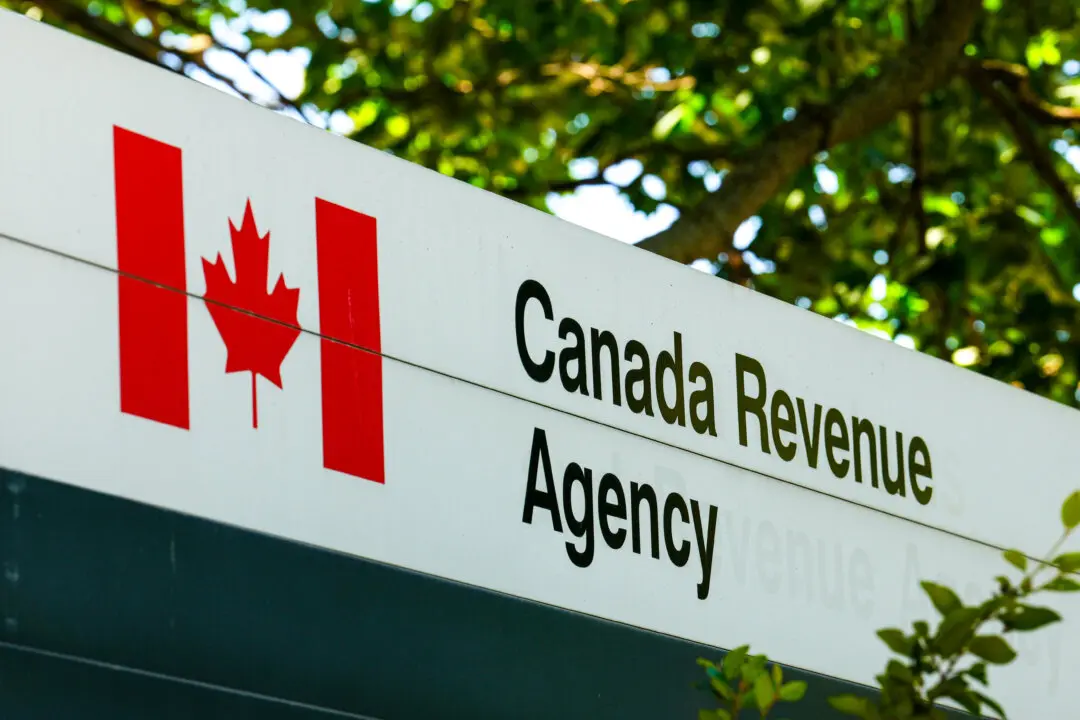The deadline on 2024 tax credits for charitable donors has been extended until Feb. 28, the Canada Revenue Agency says.
The decision was prompted by concerns from charities nationwide that a halt in postal services before Christmas hindered their ability to receive contributions during their peak season, the CRA said in a statement first covered by Blacklock’s Reporter.





